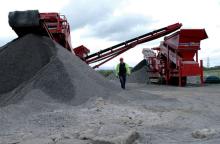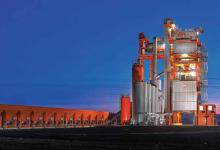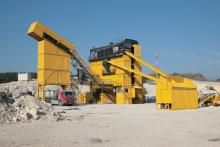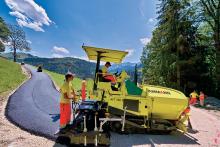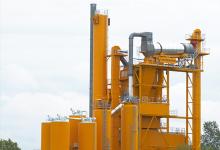
End-of-life strategies for asphalt pavements will be highlighted and debated at an upcoming conference.
Although sustainable construction processes that conserve natural resources are well recognised within the asphalt industry, practices for the recycling of asphalt vary across Europe.
The matter will be discussed during the Re-Road final conference organised by
Governments and industry recognise the potential environmental cost of road building. While traffic pollution is often headline-making, extracting new aggregate and disposing of old asphalt from road building can also cause major environmental issues.
Although asphalt is nearly 100% recyclable, the routine use of recycled asphalt in road construction projects can be just 10% in some European countries.
A large amount of demolished asphalt pavement ends up as unbound granular layers where neither the bituminous binders nor special aggregates from old surface layers are reused to their full potential.
The last conference of the EC-funded Re-Road project, which ends at the end of 2012, will analyse the impact and potentially adverse effect of different dismantling procedures on the quality of reclaimed asphalt (RA); the characterisation and technical evaluation of RA as a raw material; life cycle analyses for assessing the risks and benefits to the environment with the use of RA, and cost-effective recycling.
The results of studies into the potentially adverse effect on the final asphalt mix quality derived from the specific method for introducing the RA in the mixing plant will also be examined.

